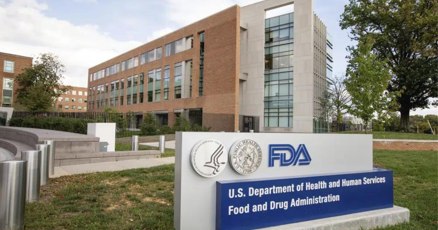Silent Killer: FDA Accused of Covering Up Deadly E.coli Crisis

A recent outbreak has spread across multiple states, causing illness in 89 individuals and tragically claiming one life. The outbreak's impact has been felt far and wide, with confirmed cases in Tennessee, Arkansas, and Missouri. While most states reported multiple infections, Missouri experienced the most severe consequence with a fatal case. Health officials are closely monitoring the situation and working to understand the outbreak's origin and prevent further spread.
